Visitors To The World’s Tallest Tree May Face Fine Or Jail Time

Located deep in the heart of Redwood National and State Parks (RNSP) is the world’s tallest old-growth redwood tree. Named Hyperion, its location off the beaten track has long been a mystery, but that hasn’t stopped nature enthusiasts and hikers from attempting to find it. The National Parks Service (NPS) is now trying to put a stop to the unwanted attention. Read on through this story to learn more!
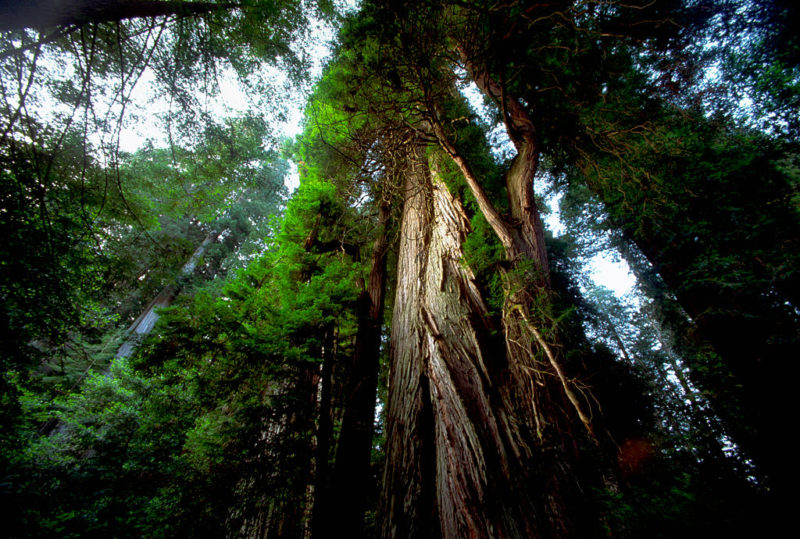
According to a statement published to the NPS’ website, those tempted to visit Hyperion could face six months in jail and a $5,000 fine if caught anywhere near the giant redwood. Word of the penalties comes after the parks’ superintendent barred access to the area around the tree, citing “devastation of the habitat surrounding Hyperion.”
Named for the Greek Titan god of heavenly light, Hyperion was “discovered” by amateur naturalists Michael Taylor and Chris Atkins in 2006. Estimated to be between 600 and 800 years old, and standing at 115.55 meters, the old-growth redwood holds the Guinness World Record for the world’s tallest tree.
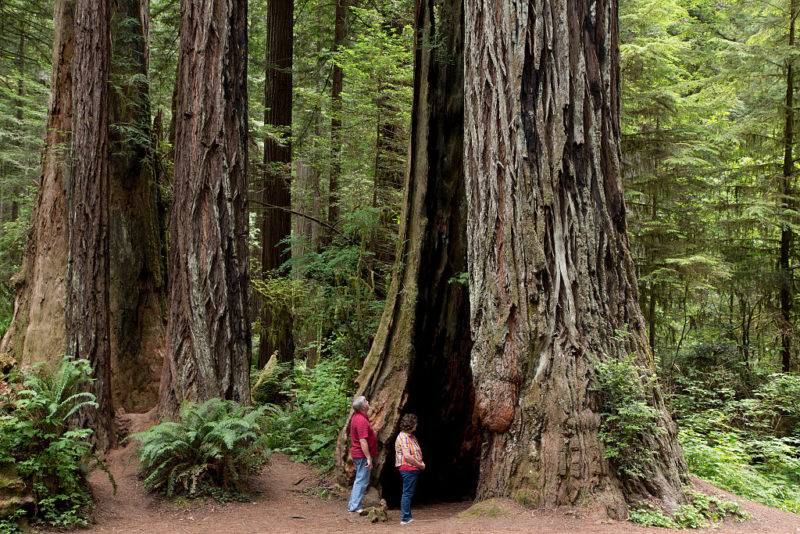
The Redwood National and State Parks are one national park and three state parks located in northern California. They contain 45 percent of coastal old-growth redwood forests, with a total of five percent left worldwide. Their steep decline is the result of logging, with people attracted to the trees’ wood because it’s resistant to pests and decay.
Northern California’s redwoods, scientifically known as sequoia sempervirens, are among the tallest and oldest in the world. Able to reach heights of up to 115.9 meters and dating back some 1,200 to 2,200 years, they are particularly tall because of the region’s climate and the tendency for their leaves to absorb and store moisture.
The tree species also produces burl sprouts, which promote growth after injury and help the trees live long lives.
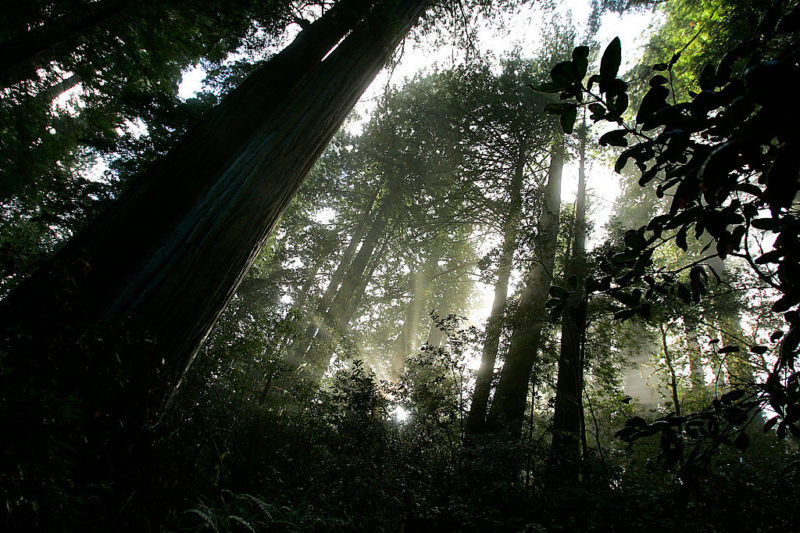
Since Hyperion’s discovery, numerous hikers and nature lovers have attempted to locate the redwood. Given how fragile the species is to ecological and environmental disturbances, there are worries unwanted visitors could lead to the tree’s destruction.
Along with degradation to Hyperion’s roots, which only reach down around 12 feet into the soil, human-made waste has also been left in the area, and there’s evidence people have attempted to climb the redwood. As well, people have been creating unofficial trails to reach the tree, damaging the surrounding vegetation.
“The social trails have grown in number, the amount of garbage has increased, there’s human waste that has been seen,” said resource manager Leonel Arguello. “As more people go up to this tree, they create more social trails and all that is having [damaging] impacts to the vegetation, to the soils, and all of the garbage just sits out there.”
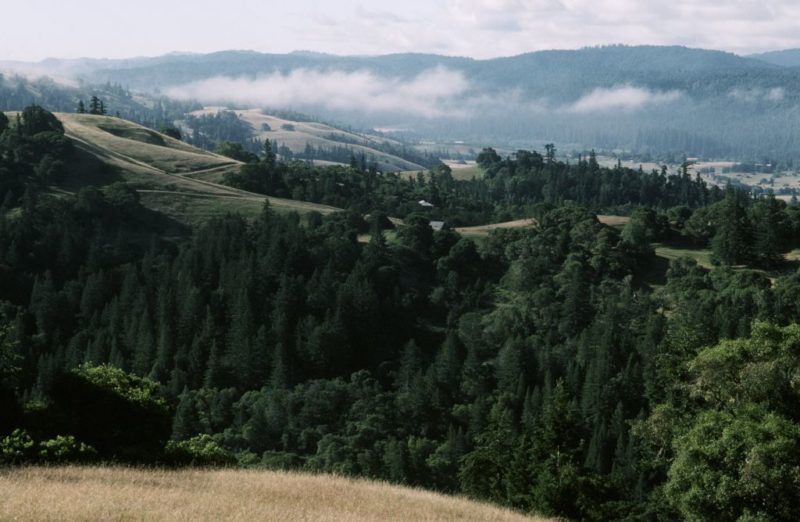
Outside of the damage to Hyperion, visitors are also at danger themselves when traveling off the official park trails. This is because the area has limited GPS coverage and cellphone reception, meaning it’s challenging to conduct search and rescue operations, should someone go missing.
The NPS has also revealed that the old-growth redwood doesn’t live up to its hype, saying that its trunk is much smaller than other trees and that its height isn’t discernible from the ground. There are hundreds of miles of trails surrounded by other redwoods, which offer the same awe-inspiring experience.
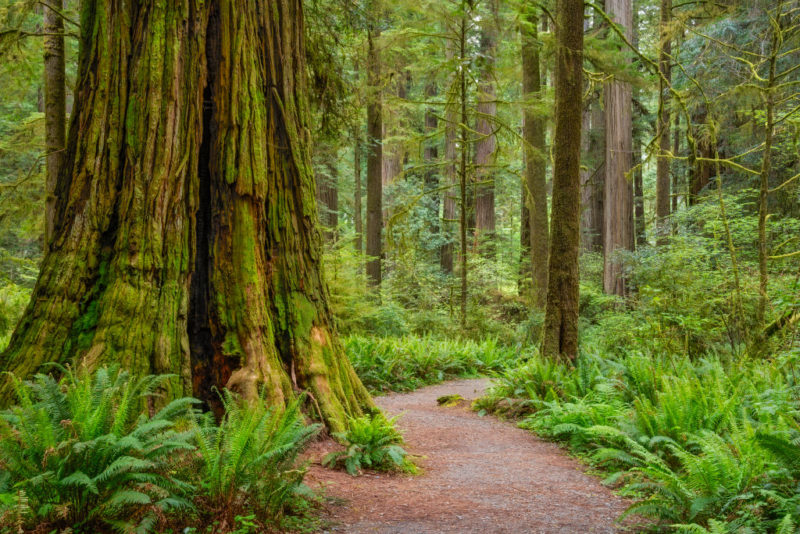
More from us: Climate Change Leading to Rise in Female Sea Turtles, Decline in Males
Concluding its statement, the NPS asked the following question: “As a visitor, you must decide if you will be part of the preservation of this unique landscape – or will you be part of its destruction?”
